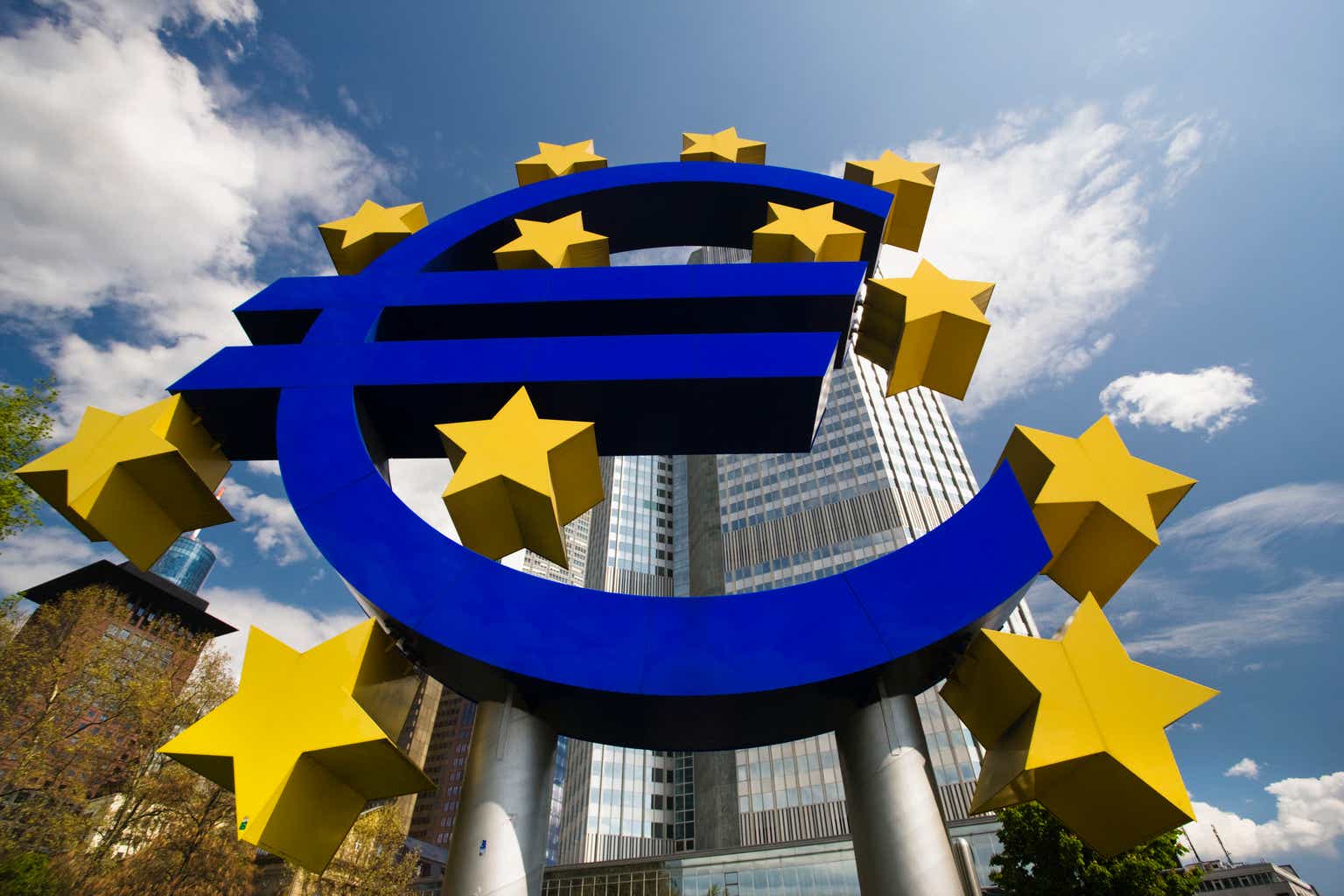SoFi Technologies
Chief Executive Officer Anthony Noto told Barron’s that it’s just a matter of time before his company becomes one of the country’s top 10 financial firms, but the question is how much time.
Shares of the student lender have nearly doubled this year, but they are still trading at less than half the price of their public debut in 2021. Financial institutions can be ranked by market capitalization, and SoFi’s currently clocks in at $8.2 billion. For comparison, the three largest financial institutions in the country by market cap are
JP Morgan Chase
(JPM),
Bank of America
(BAC), and
Wells Fargo
(WFC) at about $424 billion, $228 billion, and $159 billion, respectively.
None of this daunts Noto, who sees strong growth ahead for his firm by focusing on its target customer of high-earning professionals and eventually providing all their financial needs.
SoFi (ticker: SOFI) was founded in 2011 and taken public on June 1, 2021 by special purpose acquisition company Social Capital. Shares opened at $21.97 and closed at $22.65 that day, according to Dow Jones Market Data. Since then, the stock price has declined sharply, now trading around $9.
It began as a lender focused on refinancing student debt, and its acquisition of Technisys SA last year helped transform it into a full-service bank. Last quarter, it posted a narrower-than-expected net loss and delivered stellar personal loan origination numbers, but saw student loan originations tumble from a year earlier. SoFi is expected to report second-quarter earnings on July 31 before the market opens.
Noto assumed the role of CEO at SoFi in February 2018. Before that, he was chief operations officer and chief financial officer at Twitter after serving in top roles at
Goldman Sachs
and the National Football League.
Last week, Barron’s spoke with Noto about a slate of topics ranging from student loans to artificial intelligence to future plans for the company. An edited version of the conversation follows.
Barron’s: The Supreme Court blocked President Biden’s student-loan forgiveness plan. Analysts tell us the decision hasn’t done much for SoFi stock because many of its borrowers wouldn’t have qualified for that forgiveness in the first place. What do you think?
Anthony Noto: We were supportive of his relief program. I do agree that it would likely not have a large impact on our members or potential members because their income in many cases would be higher [than the forgiveness plan allowed], and the amount of debt that they refinanced would be substantially greater than the $10,000 that was being offered.
There’s debate on what the student loan refinancing opportunity looks like. What are your thoughts?
We think there will be ample amount of demand for people who are trying to lower their costs on a monthly basis in this environment and then more broadly, you know, some subset of the people being able to actually reduce their total cost of their loans.
What would a recession mean for SoFi stock?
Our outlook for 2023, which we articulated at the end of the first quarter, does factor in a mild recession. We think we have a diversified business that will allow us to achieve really outsize growth versus others.
SoFi caters to individuals with high credit scores and high income. Long term, what do you see as the path forward? Refining the experience for that select group, expanding to a broader customer base, or something else entirely?
Our core target is what we call “high earners not well-served.” People that have done very well, professionally, their average income is $100,000 or higher. Our products are going to appeal to more than our core target; they already have. But like most great brands that cross over, if we build a great product for one core group, it will increasingly meet the needs of other core groups.
But we’re going to stick to our core target just like other successful brands have. And we’ll see the benefit of groups of people around that center of mass continue to use our products. But they’re designed for that specific demographic and that specific target.
At the Morgan Stanley conference last month, your chief financial officer mentioned that all the building blocks are in place to start scaling. What does a scaled SoFi look like?
We’ve been on a journey over the last five years to be a one-stop shop for all of our members’ financial needs. It’s really hard to deliver on helping people get their money right, if you’re just in one product. When we talk about the fact that everything’s in place and we’re ready to scale, it’s that we have that complete product offering. It is mobile first, it’s built on our technology largely.
In my mind, it’s a matter of when, not if, we become a top 10 financial institution in the country. ‘When’ is going to be driven by us continuing to deliver on being a household brand name, on being a trusted partner for our members.
To dovetail into technology there—AI is obviously huge right now. Anything planned for SoFi in that space?
It’s incumbent on us to leverage the technologies that are available to us to ensure that we build competitive advantage, that we meet our members’ needs. And today we’re using artificial intelligence in a product called Konecta, which is a natural language bot that helps us reduce the number of contacts per customer.
Fraud safety is of paramount to the business that we’re in. People have to trust us when they give us their money. [Artificial intelligence] also will allow us to better personalize products and services for our members and our partners. So it is going to be another wave of technology innovation that improves businesses, drives efficiency. It helps us innovate faster and more comprehensively, so I’m excited about it, but it’s early.
And things typically get hyped when they’re so early. So we’re cautiously optimistic about the impact it could have, but we’re already using it in products that are generating revenue for us and helping our partners and us better meet the needs of our members and our clients.
Write to Emily Dattilo at [email protected]
















